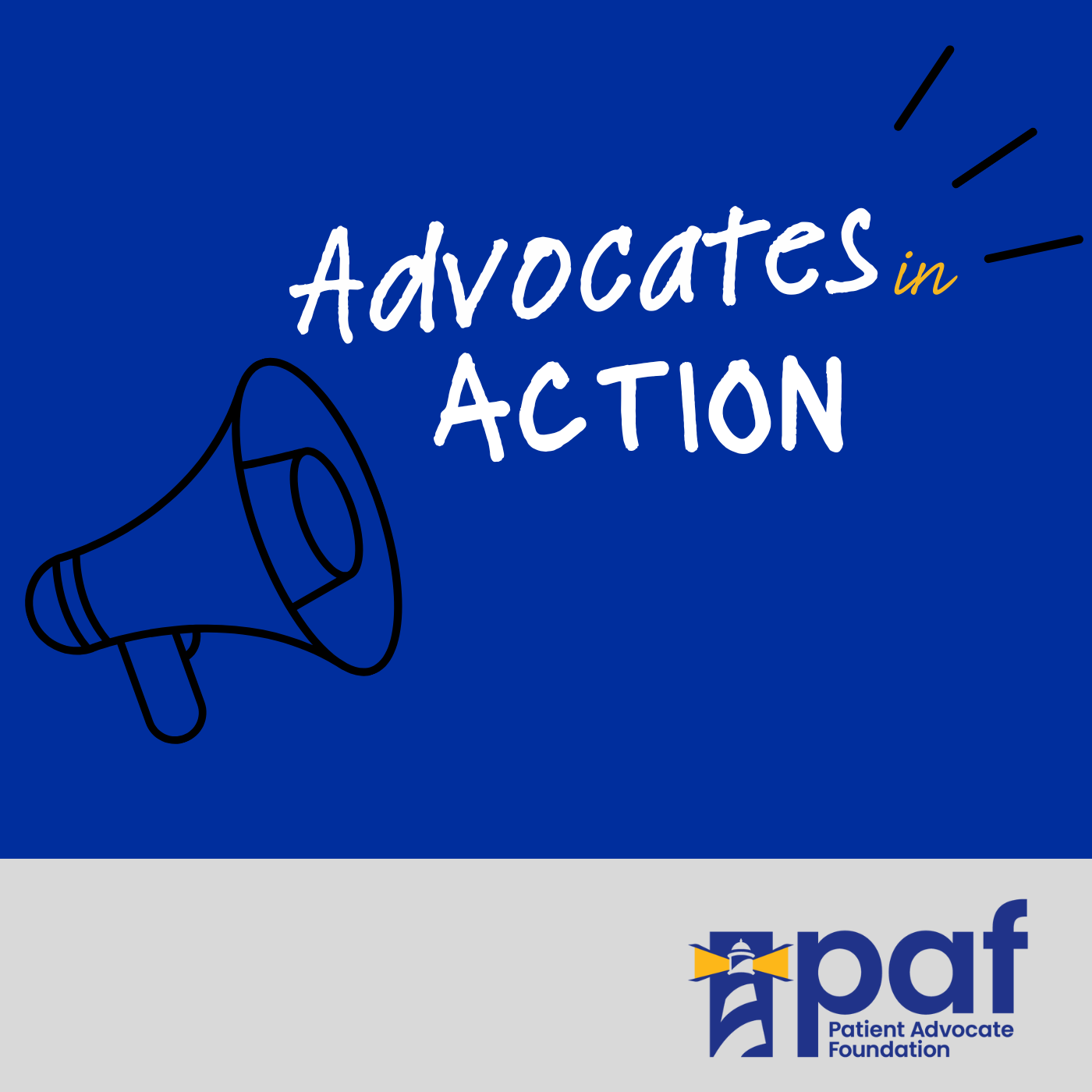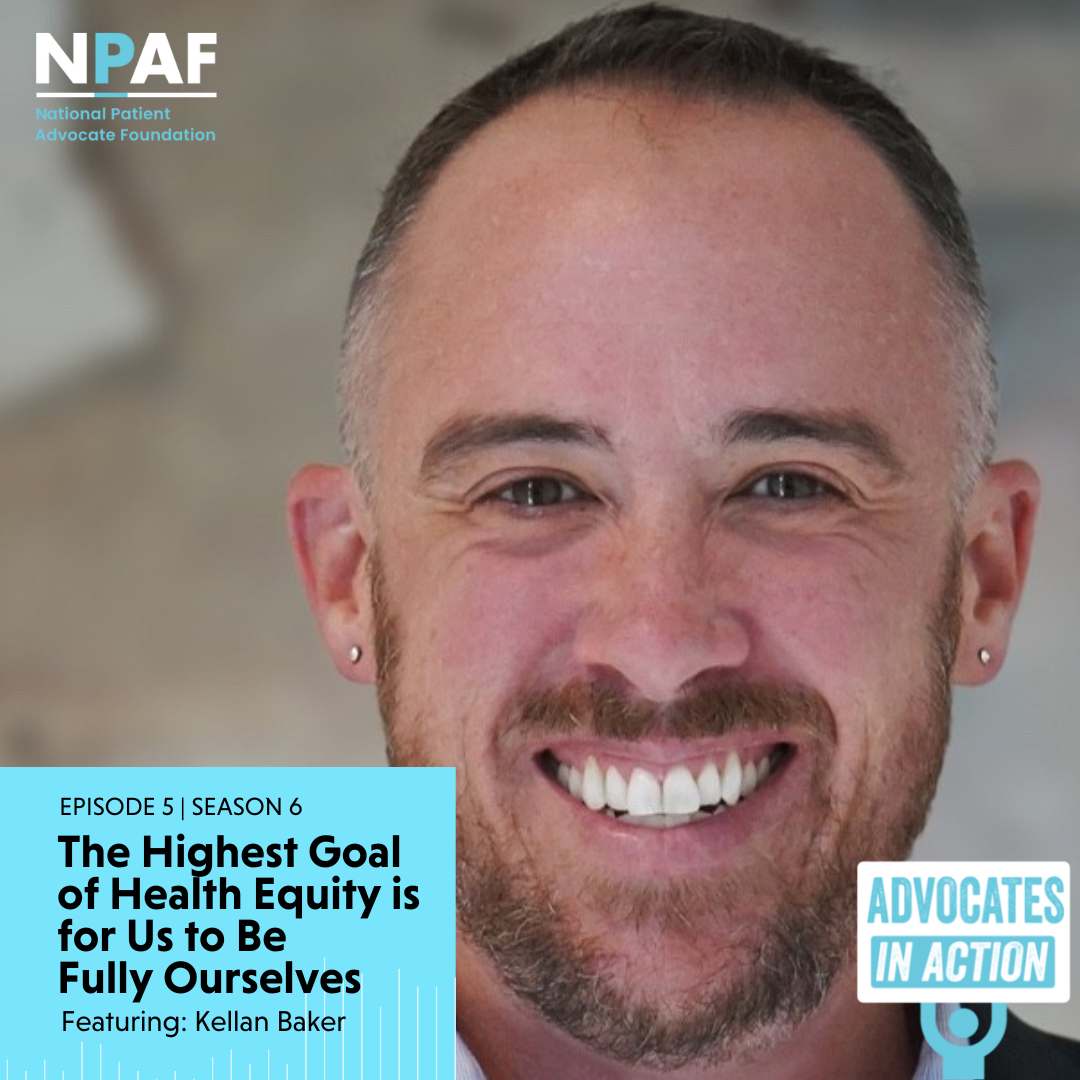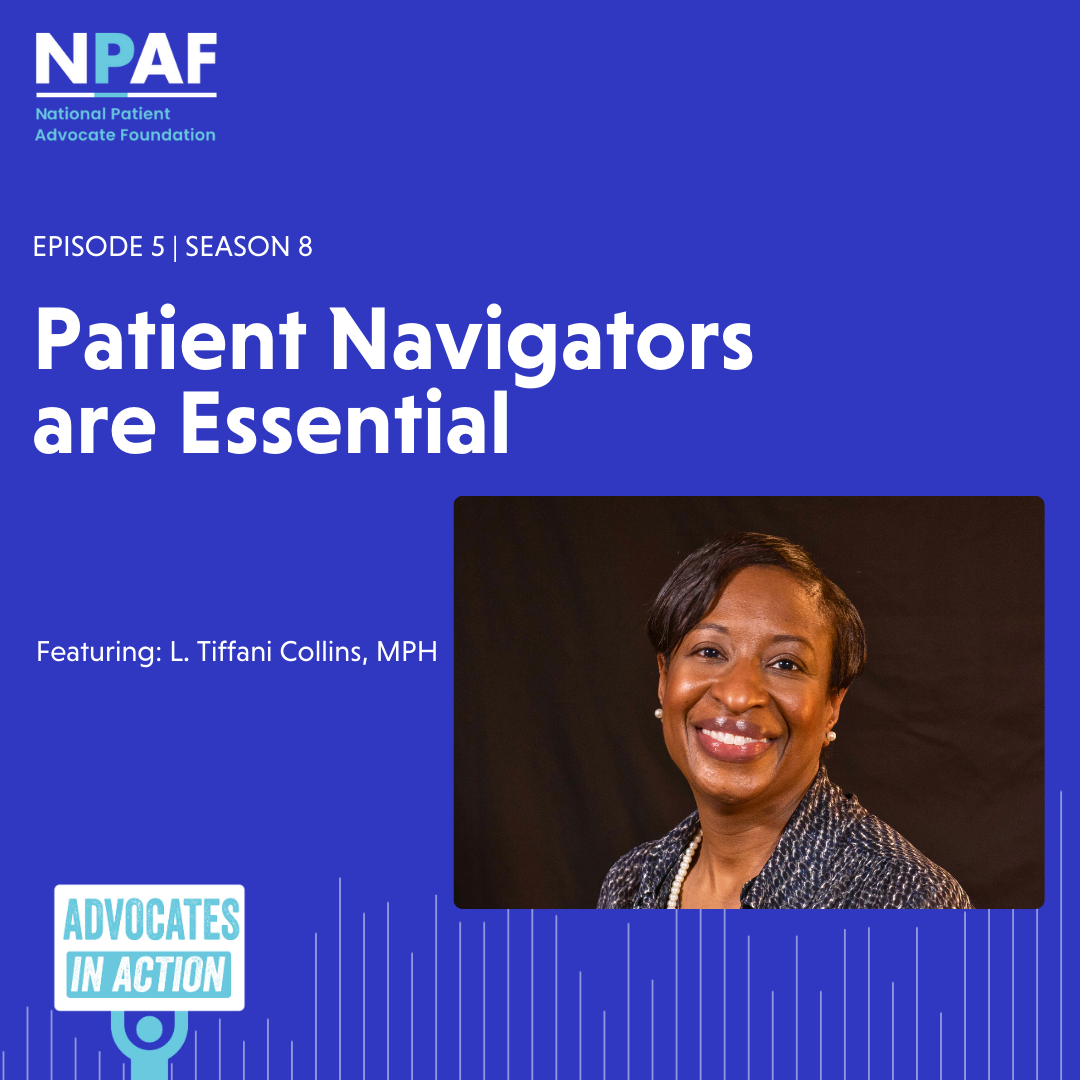What if health literacy wasn’t just about what patients understand—but how we all communicate? In this compelling episode, Derek McCracken redefines health literacy as clear health communication, shifting the responsibility from patients alone to a shared, collaborative process. He invites us to see communication not as a fixed skill, but as a dynamic practice—one rooted in empathy, clarity, and connection.
Through the lens of narrative medicine, Derek explores the powerful tools that help health care providers listen deeply, respond meaningfully, and create spaces where patients feel seen, heard, and empowered. Built on the pillars of attention, representation, and affiliation, narrative medicine offers a roadmap for giving and receiving stories that truly matter.
Tune in as Derek shares how his training transformed the way he connects with patients—and how storytelling can become a healing force in the clinical setting.

Jessica Jones has faced a chronic illness most of her life, but that didn’t prepare her for her son’s rare heart disease. Becky Barnes...

The Power of Being Yourself: Kellan Baker on Health Equity and Personal Well-Being Every experience in life shapes our health—whether it’s the environment we...

The Power of Patient Navigators: A Lifeline on Your Healthcare Journey A medical diagnosis can be life-altering, thrusting you into a whirlwind of information,...